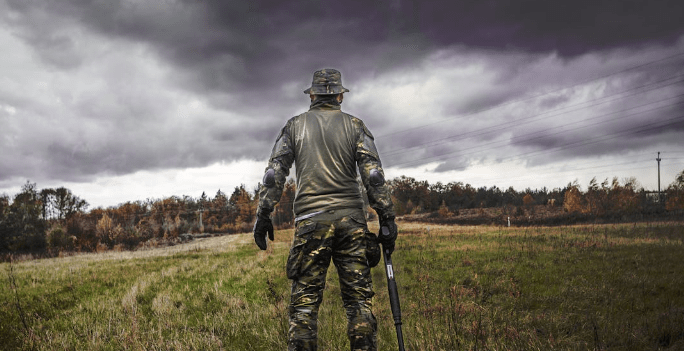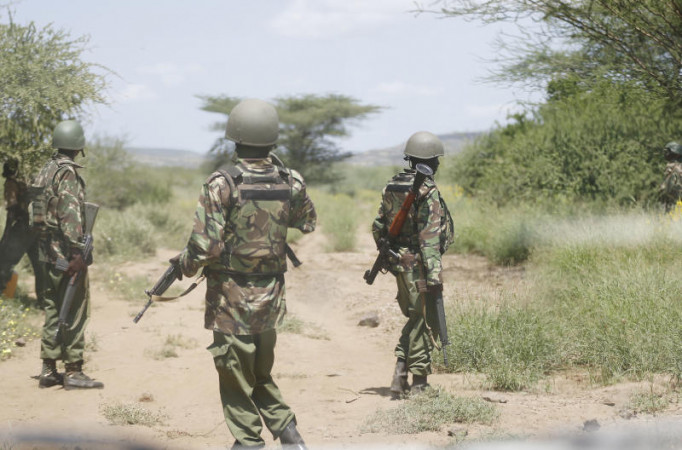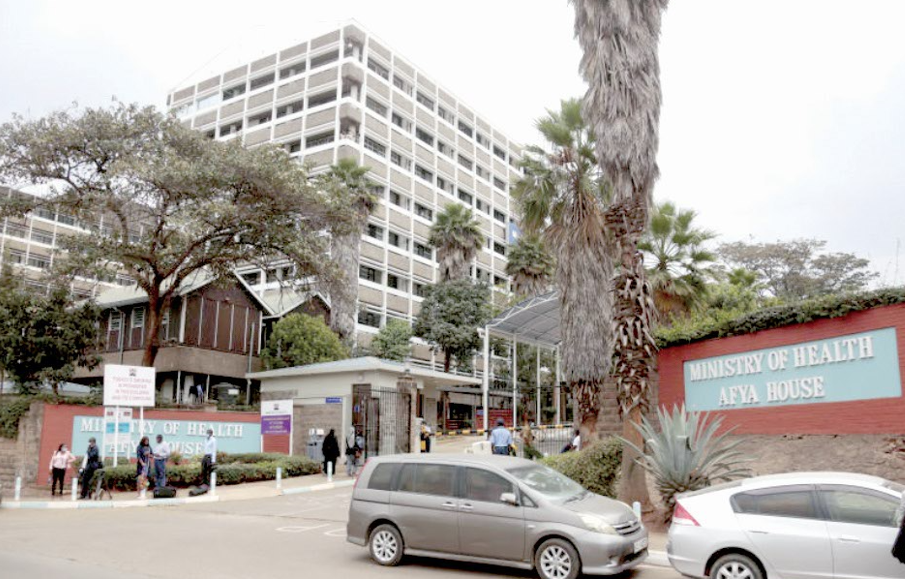Pastoralists call on State to end banditry in North Rift

The Third Edition of the Kenya Meat Expo kicked off on Wednesday with calls on the government to end banditry in the volatile North Rift region.
The event that has attracted more than 70 exhibitors also roped in members from the pastoralist community who blamed the government for laxity in taming cattle rustling in the bandit-prone region.
The theme of the three-day event is ‘Revolutionising the Meat Industry for Bottom-Up Economic Transformation.’
Speaking during the plenary, pastoralists from Samburu, Kerio Valley and West Pokot decried wanton theft of their cattle, a move they said had subjected them to an economic meltdown.
“It is sad that huge herds of cattle are stolen from our regions and sold to meat vendors across the country. This has not only drained us economically but has also led to the loss of lives in the full glare of the government. This has to stop,” said Michael Lemonkolal.
The event currently underway at the Kenyatta International Convention Centre (KICC), Nairobi was attended by hundreds of guests seeking to promote the meat sector in the country.
For the first time, livestock farmers from the arid and semi-arid (ASAL) counties are part of the exhibition incorporating them into the full value chain.
Principal Secretary of the State Department of Livestock Development Jonathan Mueke termed the event as a platform for the stakeholders and investors in the industry to think deeply about the interventions needed to improve the sector going forward.
Mweke challenged farmers to upgrade their livestock breeds so as to strengthen the quality of meat from Kenya in the global market.
“There is a need to improve breeds to attain a level that produces optimum productivity in the environment that we have here in Kenya, especially in the northern region where our livestock is largely found,” Mueke said.
He observed that improved breeds will reduce the inputs of feeds, and resistance to disease and drought while calling on farmers to invest in livestock feeds.










